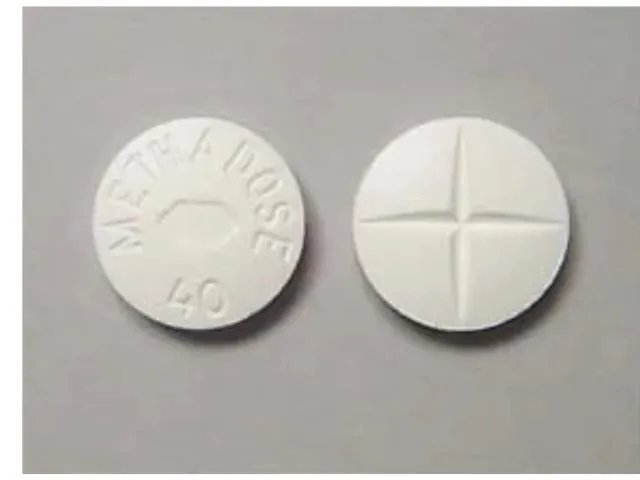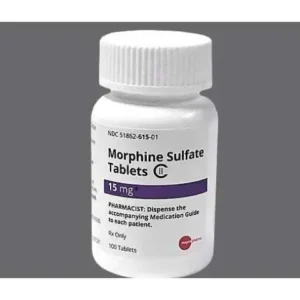Methadose is a brand name for a medication that contains methadone as its active ingredient. Methadone is a synthetic opioid medication that is primarily used for the treatment of opioid dependence and for managing chronic pain in some cases.
Here are some key points about Methadose:
- Opioid Dependence Treatment: Methadone is commonly prescribed as part of medication-assisted treatment (MAT) programs for individuals with opioid use disorder (OUD), including addiction to drugs like heroin or prescription opioids. It is used to help reduce cravings and withdrawal symptoms, allowing individuals to stabilize their lives and work towards recovery.
- Long-Acting Opioid: Methadone is classified as a long-acting or extended-release opioid. This means it has a relatively long duration of action, which can help prevent withdrawal symptoms between doses.
- Pain Management: In some cases, methadone may be prescribed for the management of chronic pain, particularly when other pain medications have proven ineffective or are associated with unwanted side effects. However, it is generally reserved for patients with severe, chronic pain because of its potential for dependence and side effects.
- Dosing and Administration: Methadose, as well as generic versions of methadone, are available in various forms, including tablets, liquid (oral solution), and wafers. The medication is typically administered under medical supervision and is carefully titrated to an individual’s specific needs.
- Potential for Dependency: Methadone itself is an opioid, and like other opioids, it has the potential for dependence and addiction if not used as directed by a healthcare provider. Patients in MAT programs are closely monitored to ensure the medication is used appropriately.
- Regulation and Oversight: Methadone is subject to strict regulations and is typically dispensed in specially licensed clinics or treatment centers. This oversight is in place to prevent diversion and misuse.
- Side Effects: Methadone can cause side effects, which may include drowsiness, constipation, nausea, sweating, and changes in mood. It can also interact with other medications, so it’s important to inform your healthcare provider of all the drugs you are taking.
- Safety Considerations: Methadone can be particularly dangerous if misused or taken in excessive amounts. Overdoses can occur, and they may lead to severe respiratory depression or even death. Proper storage and use are crucial.
It’s essential to stress that methadone should only be used under the supervision of a healthcare provider, whether for addiction treatment or pain management. When used appropriately, it can be an effective tool for managing opioid dependence and severe pain while minimizing the risk of drug abuse and diversion. If you have questions or concerns about methadone, consult with a medical professional who can provide guidance specific to your situation.




Reviews
There are no reviews yet.